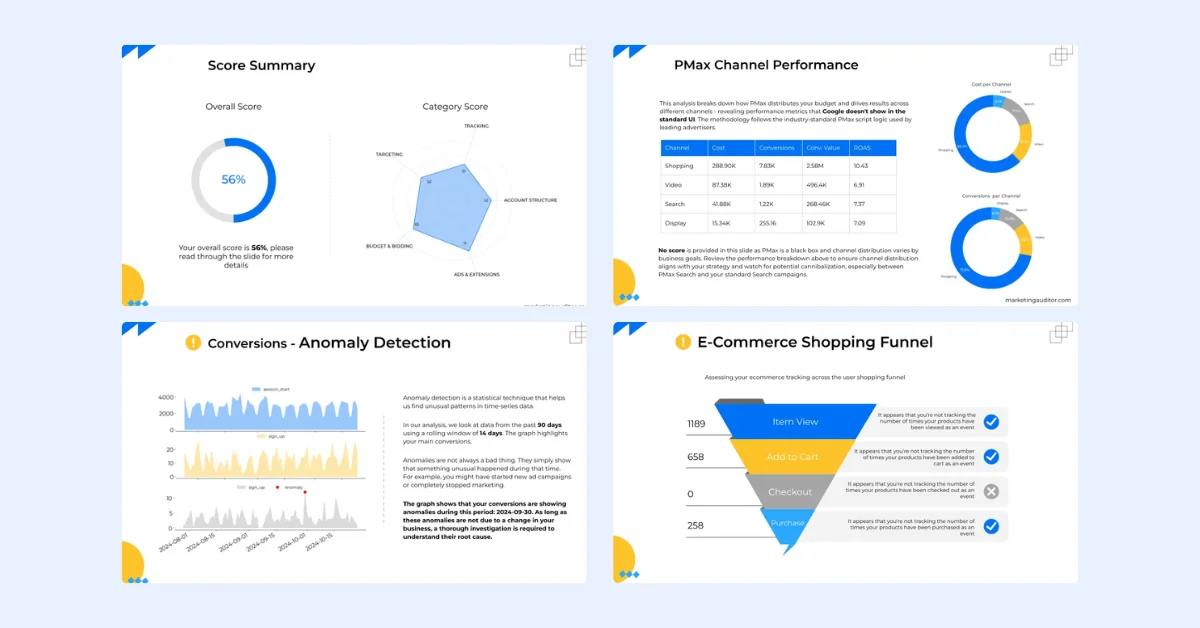Meta has notified European Facebook and Instagram users that their public posts could be used to train its AI, including its chatbot, starting June 26. In the US, public posts are already being used for this purpose. This move has raised privacy concerns among social media users.
Meta's announcement to expand its AI services globally has led to a backlash, particularly in Europe. Users are concerned about how their public information is being used, especially given the lack of specifics from Meta. Privacy watchdogs have also raised concerns, although Meta claims it is complying with privacy laws.

Meta’s Chatbot
Meta AI is a smart assistant similar to ChatGPT, Siri, or Alexa, available on Facebook, WhatsApp, and Instagram. It can respond to various prompts and is powered by LLaMA 3, a large language model capable of conducting conversations and creating images.
Data Sources for Training
Meta AI learns from a massive dataset that includes web pages, books, articles, research papers, and social media posts from Facebook and Instagram. The data used is anonymized and aggregated, and private posts and messages are not included.
Opting Out
In the U.S.
There is no way for U.S. users to stop Meta AI from using their public posts due to the lack of specific privacy laws. However, users can set their accounts to private to prevent their posts from being used.
In Europe
European users can opt out by visiting the Meta Privacy Center, navigating to "data settings," and turning off "data sharing" and "AI model training." They can also use the G.D.P.R. settings to submit a request to opt-out.
Legal Aspects
Meta's legal terms state that sharing a photo on Facebook gives the company permission to store, copy, and share it with others. This data can be used for other Meta products. Despite the opt-out feature in Europe, watchdog groups like NOYB have filed complaints, concerned about the broad scope of data usage.
Meta's use of public posts to train its AI has sparked significant privacy concerns, particularly in Europe. While there are ways to opt out in Europe, U.S. users have limited options. The lack of transparency from Meta about how the data will be used continues to be a significant issue.












